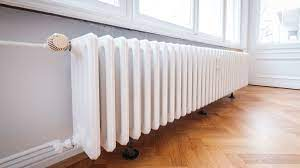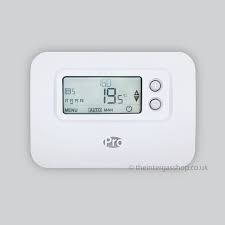What to do when a boiler goes wrong
When boilers go wrong, they can cause us a lot of hassle and a large repair bill. If you’ve been neglecting your boiler, you might notice some issues. Here are some of the most common boiler problems, how to recognise them, and what to do about them:
Radiators Not Heating Up
Suppose your radiator is warm in spots but not others; this is often a sign of an accumulation of air, a problem pump, or rust in the pipes meaning that the hot water cannot circulate effectively. Bleeding the radiator is the first step to ridding the system of trapped air. If the problem persists, you’ll need an engineer to conduct a power flush.
Boiler Switches Off
This can happen for various reasons, including thermostat problems, low water pressure, air trapped in the system, a damaged pump, or a frozen pipe. Thawing the condensate pipe might solve the problem if the weather is freezing. Try bleeding your radiators if you think it’s air in the system. If the water pressure seems low, first call your water provider to see if work is happening in your area.
Pilot Light Extinguishes
This is often caused by a faulty thermocouple or seals that have become damaged. These are issues best left to a registered gas professional to sort out for you. When you need Cheltenham Boiler Servicing, consider Blu Fish, a leading provider of Cheltenham Boiler Servicing.
Leaking Boiler
Many things can cause a leak, from broken components to loose connections within your boiler. There is little to be done besides calling for a qualified Gas Safe registered engineer.
Noisy Central Heating
Noisy boilers are usually the result of ‘kettling,’ an accumulation of limescale inside the heat exchanger component. If your central heating system is banging, knocking, gurgling, or whistling, air or limescale could be building up in the system. Bleeding radiators and power flushing can rid the system of limescale, but if the noise doesn’t go, book a service.
Thermostat Issues
An older thermostat might have deteriorated over time, and this can cause it to misbehave and not function correctly. Ensure the power is switched on and timers and clocks are adequately reset following a power cut. Remember to put the clock forward or backward an hour during Spring and Autumn.
Boiler Losing Pressure
A pressurised system could suffer from a loss in pressure. This might be the result of a leak or component failure. Sometimes it’s possible to re-pressurise the system by carefully reading your boiler’s manual. If you’re unsure of anything, consult with an engineer to help you. Not exceeding the pressure levels outlined in your manufacturer’s manual is crucial.










